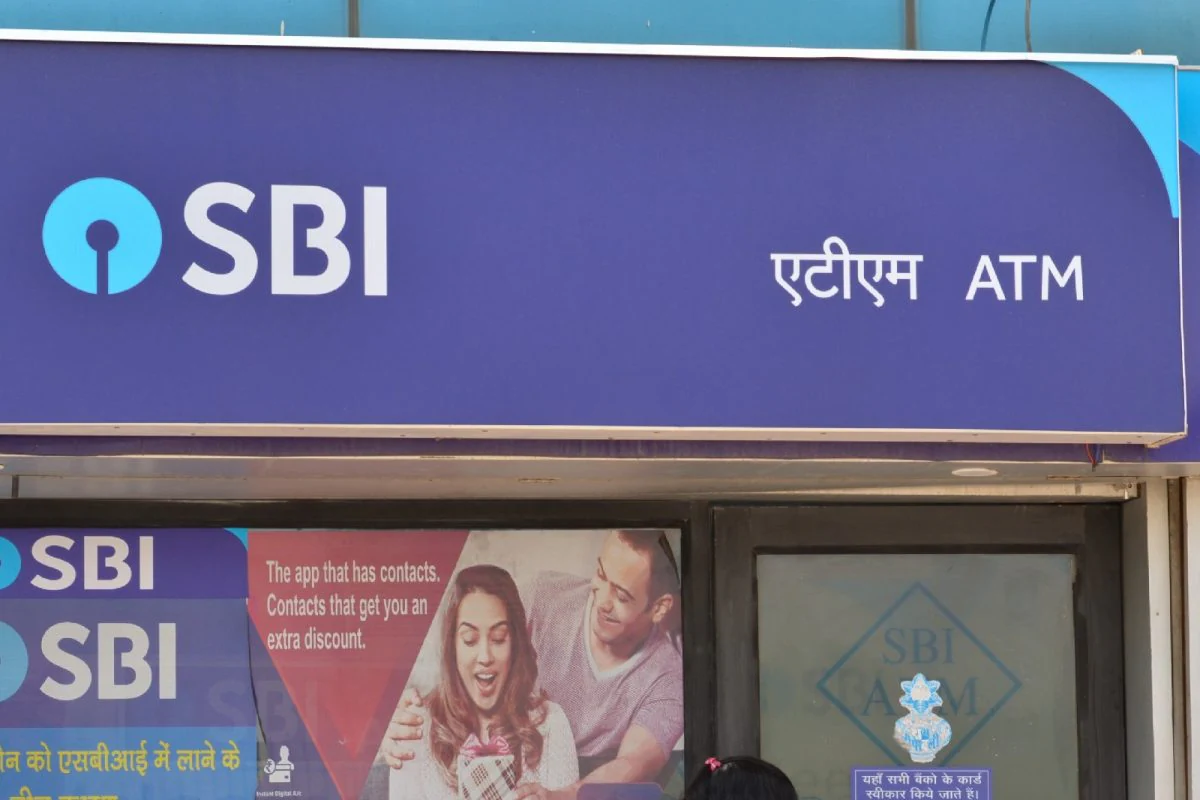The State Bank of India or SBI has increased the marginal cost of the loan rate (MCLR) by 10 basis points during the term of office. New rates will be effective starting Sunday, May 15. This is a second level increase by a public lender in the past month. Following the tariff revision, you must be more shell for the equivalent monthly installment (EMI) for home loans and private loans.
With the latest increase at the MCLR level, the SBI MCLR level spent the night, one month, three months now established at 6.85 percent. That was 6.75 percent before. MCLR for six months, has increased to 7.15 percent from 7.05 percent. Likewise, MCLR for one year has been raised to 7.2 percent from 7.10 percent. MCLR for two years has jumped to 7.4 percent from 7.3 percent. The loan rate for a three -year term has risen to 7.5 percent from 7.4 percent.
What is MCLR?
Introduced by the Reserve Bank of India (RBI) in 2016, MCLR or marginal costs of the fund -based loan rate is an internal reference interest rate for banks to offer loans at a competitive and transparent level. Simply put, MCLR is a minimum interest rate that is permitted to provide loans to its customers. Usually calculated based on the loan period or time period where the borrower must pay back the loan. The bank also takes into account the cash reserve ratio, the cost of marginal funds, the tenor premium and the bank’s operational costs while deciding the MCLR tariff. Loans generally review MCLR every month. Why Bank Increases MClr
The central bank recently increased the repo level of 40 basis points or 4.40 percent in meetings outside the cycle to manage inflation that surge. After an increase in the level of repo, several public and private sector banks increased their MCLR. The lender has begun to increase MCLR to anticipate the increase in repo interest rates before the RBI formal announcement, given the 17 -month inflation rate in March 2022. MCLR will continue to surge further because the increase in the Repo level has encouraged costs from funds for banks.
SBI MCLR Hike: What does it mean for SBI loan borrowers
After the increase in MCLR by SBI, private loan interest rates, laon houses and car loans will increase. This decision will affect those who have floating interest rate loans, not fixed interest rates. “Every change in MCLR will have a direct effect on loan costs such as Emis. Emi is directly proportional to MCLR. Higher MCLR, Emis higher that must be paid by the borrower, “said Pramod Kathuria, founder and CEO, Easiloan.
Increased interest rate environment will help banks support margin in the near future, SBI Chair Dinesh Kumar Khara said when announcing the quarterly results last week.

